What's going on with the planet?
From year to year, the situation on the planet earth is changing for the worse, the world population is growing rapidly, the problems of global warming and environmental pollution are becoming more and more acute, and the planet's biosystem itself is tired of people losing balance.
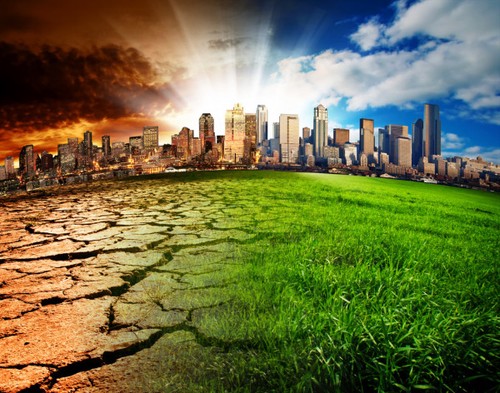
2020 was distinguished not only by the coronavirus epidemic, but also by temperature records, as well as catastrophic forest fires for biodiversity.
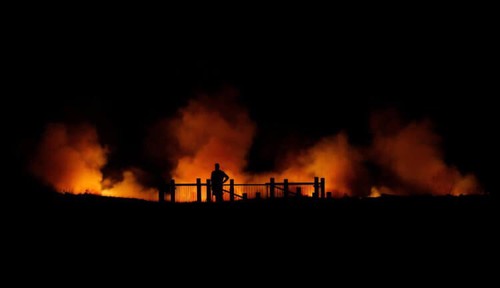
In 2019, in an extensive report by the Intergovernmental Science-Policy Platform on Biodiversity and Ecological Systems (IPBES), scientists reported that 1 million species of animals and plants on Earth are at risk of complete extinction. This report is the first to use the term "The Sixth Mass Extinction", naming the main cause of what is happening, humans. Earlier studies have identified large-scale declines in birds and insects around the world.
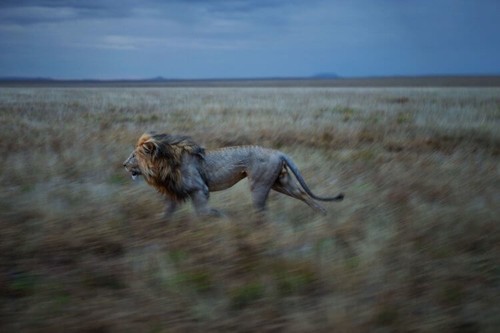
The rapid loss of biodiversity is only part of the problem, because the amount of CO2 emissions into the planet's atmosphere continues to grow in the world, which causes serious concern for scientists around the world. An increase in the average temperature of the planet in the future threatens not only with climatic migrations, but also a catastrophe for residents, primarily of large cities, because of the so-called “heat island”.
This is due to an effect known as a heat island, in which buildings and roads easily absorb solar energy and release it at night. Rural greenery, by contrast, provides shade and cools the air by releasing water. Recently, using new modeling techniques, researchers have demonstrated that climate change is exacerbating the heat island effect, making future urban environments virtually unlivable.
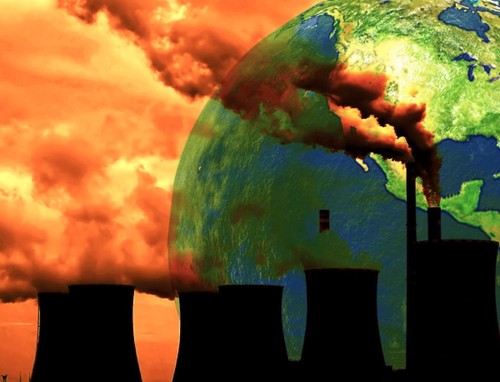
Scientists predict the implementation of such a scenario of overheating of cities by about 2100.
“The scale of threats to the biosphere and all forms of life on Earth - including humanity - is in fact so great that it is difficult to comprehend even for well-informed experts,” write the authors of a new scientific work conducted by an international team of scientists from the USA, Australia, Mexico and predict a "terrible future" for human civilization.
“Loss of biodiversity, climate change and environmental pollution are leading humanity to a gloomy future, the likelihood of which we have duly underestimated” - make the fatal conclusion scientists and argue that if we do not reconsider today our attitude to the planet and its resources, then we will witness extinction of wildlife, deteriorating health of the world's population and shocks associated with climate change (including impending mass migrations), including resource conflicts. "
At the same time, the world's population has continued to grow since 1970, doubling, and it is estimated that by the end of the century, the population will be almost 10 billion people.
Overpopulation will accelerate and worsen existing food security, land degradation, declining biodiversity, pollution, social inequality and regional conflicts.
ScienceAlert also cites the study's authors that "the growing use of fossil fuels is being negatively impacted to a large extent." Thus, the fight against ever-increasing concentrations of greenhouse gases continues to fail after failure.
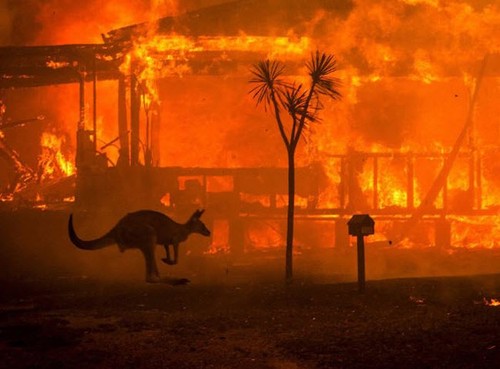
Reasons for the decline in biodiversity
* deforestation;
* expansion of the territories of settlements;
* regular emissions of harmful elements into the atmosphere;
* transformation of natural landscapes into agricultural objects;
* use of chemicals in agriculture;
* pollution of water bodies and soil;
* construction of roads and the position of communications;
* the growth of the planet's population, requiring more food and territories for life;
* poaching;
* experiments on crossing plant and animal species;
* destruction of ecosystems;
* environmental disasters caused by humans.
Scientists' forecasts regarding the future of humanity are far from optimistic. “Unfortunately, the situation is such that if we do not take any action to protect biodiversity, combat environmental pollution and climate change, our civilization is at risk of disappearing from the face of the Earth very quickly,” scientists say.
Comments